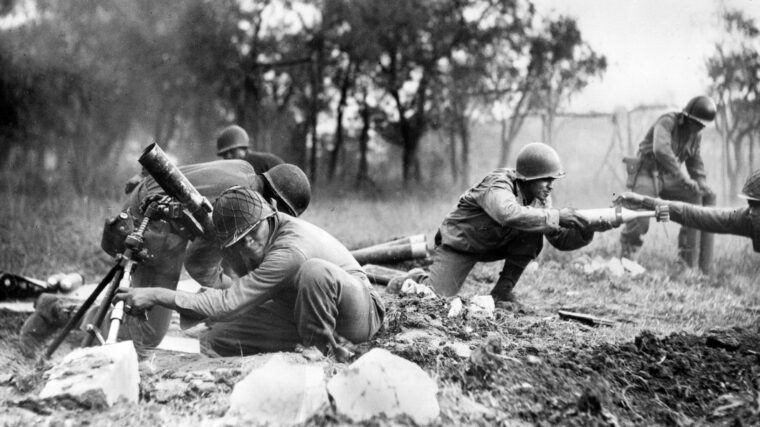
European Theater
The Battle of Garfagnana: Italy’s ‘Battle of the Bulge’
By James BilderThere are important similarities between Hitler’s final great push into Belgium and Luxembourg and Mussolini’s drive south of Garfagnana. Read more
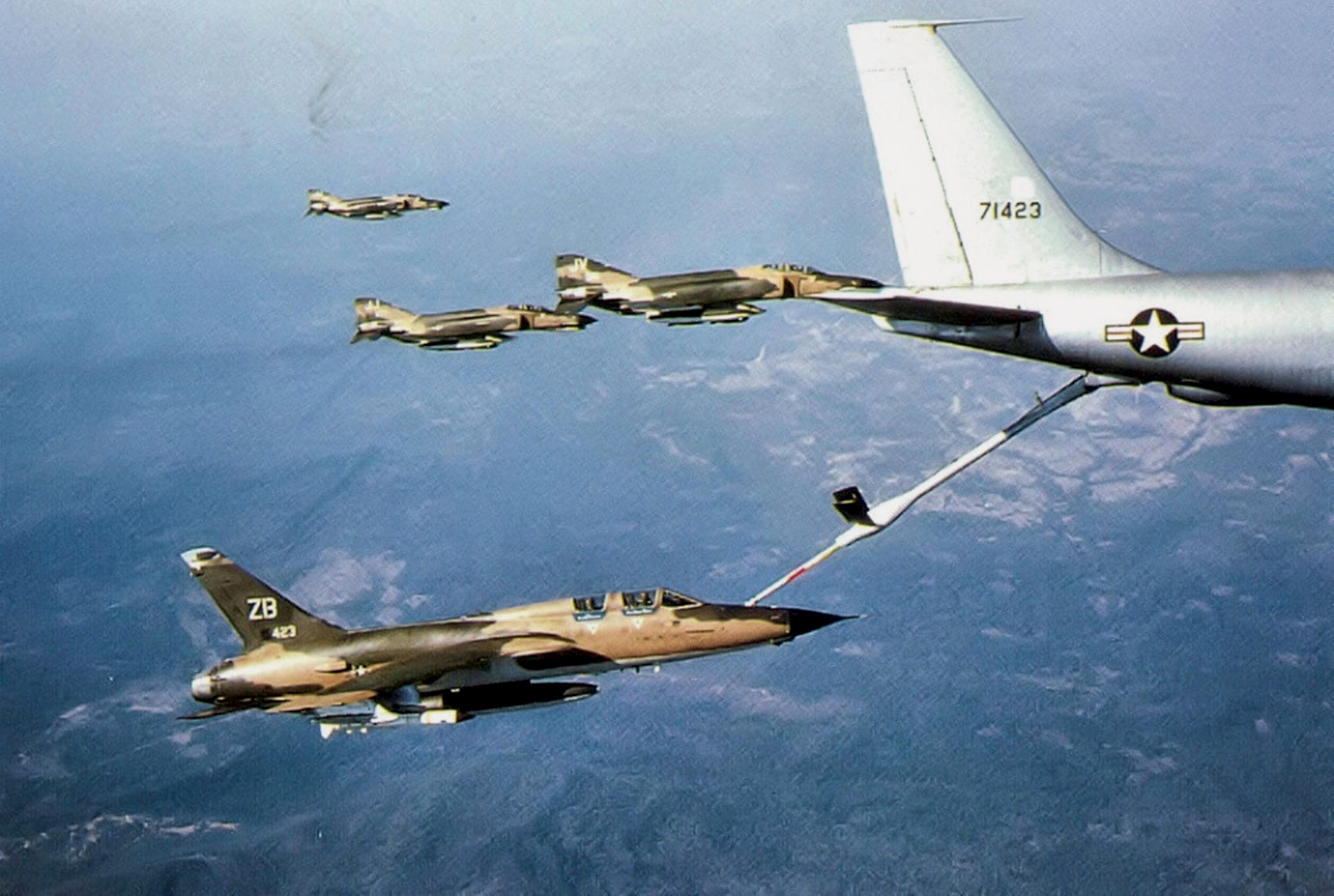

European Theater
There are important similarities between Hitler’s final great push into Belgium and Luxembourg and Mussolini’s drive south of Garfagnana. Read more
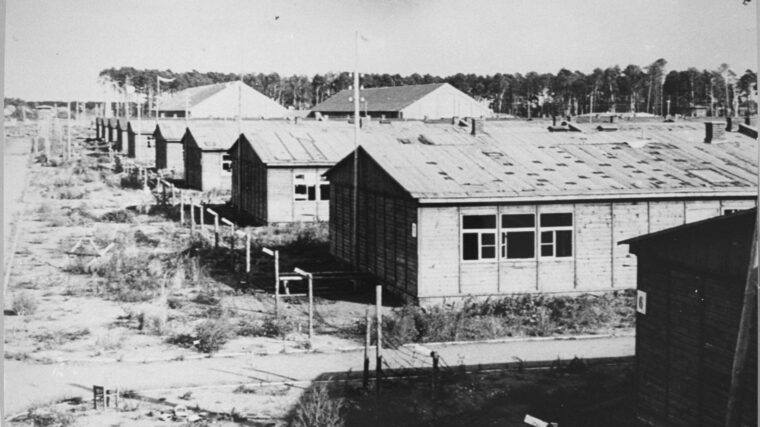
European Theater
German prosecutors continue to go after anyone associated with the Third Reich’s concentration and death camps with a tenacity that would make Hitler’s victims proud. Read more

European Theater
Devizes in southern England had had a quiet war. It had not suffered any bombing as most English cities had. Read more
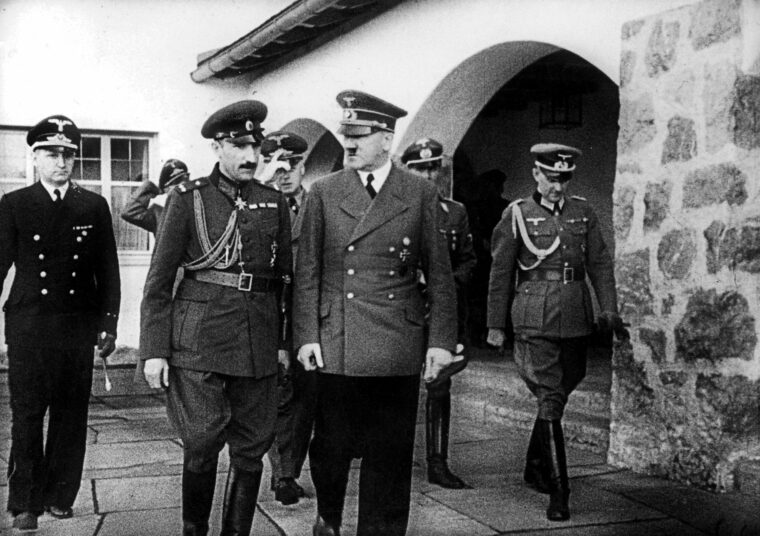
European Theater
Though neutral for most of it, few countries had such a Passage through World War II as did Bulgaria. Read more
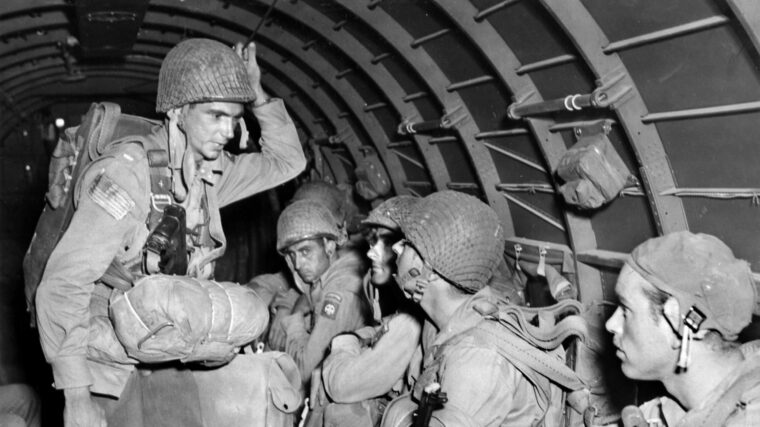
European Theater
The Fifth U.S. Army was in trouble and dropping 600 paratroops at Avellino to disrupt the communications of the 16th Panzer Division seemed like a sound solution. Read more
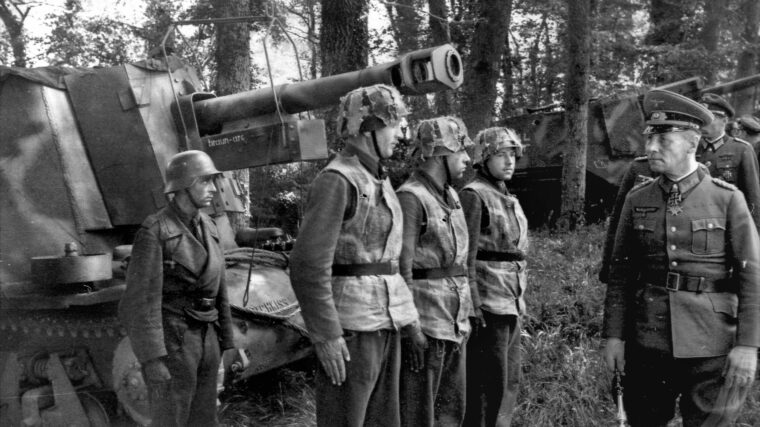
European Theater
Students of World War II know the name Percy Hobart—a British general who raised and trained several armored divisions and who invented all sorts of unique and unusual weapons of war—swimming tanks, flail tanks (for exploding landmines), a flame-throwing tank, a tank that laid down its own roadway, and many other odd-but-useful devices. Read more
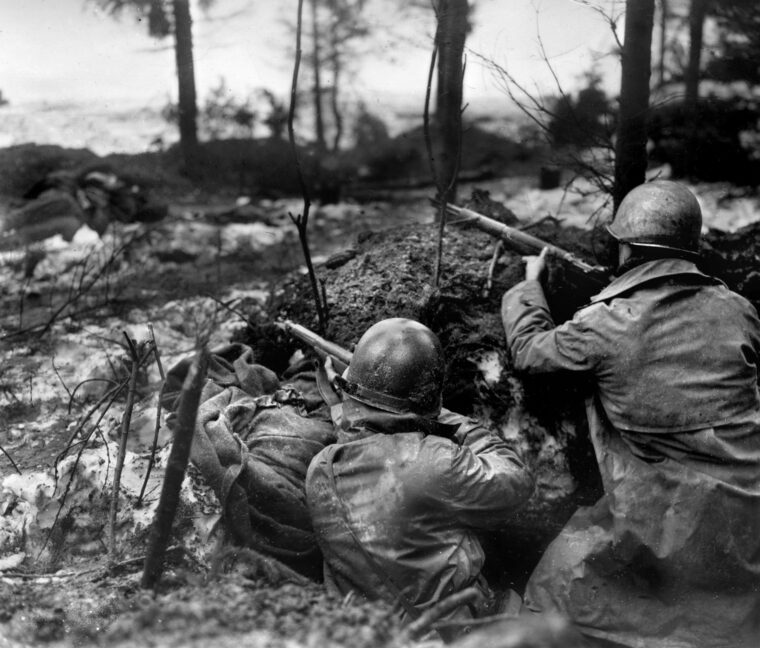
European Theater
After D-Day, the Allied armies slowly advanced across Europe and pushed the German army back. Paris was liberated on August 25, 1944, the Belgian capital of Brussels fell on September 3, and the important port of Antwerp was taken two days later. Read more
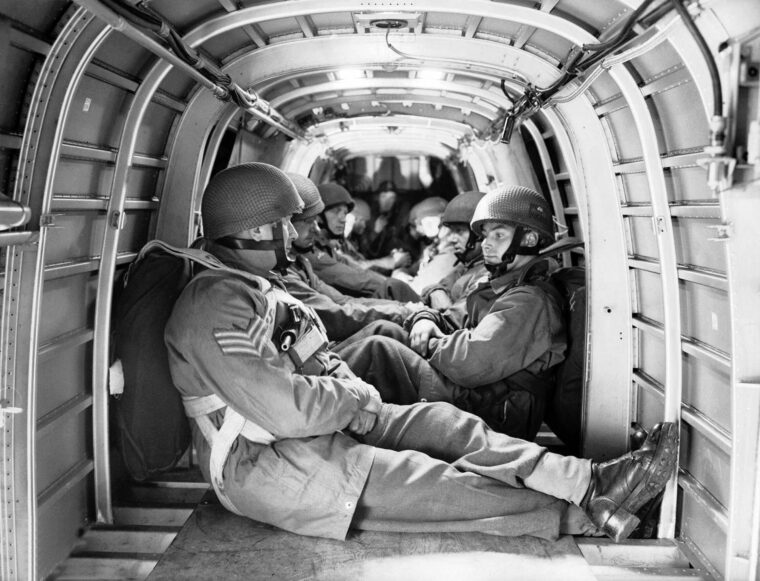
European Theater
By January 1942, Britain was still in the fight of her life. Germany had occupied all western Europe, controlled the Mediterranean, and was threatening British colonies in North Africa. Read more
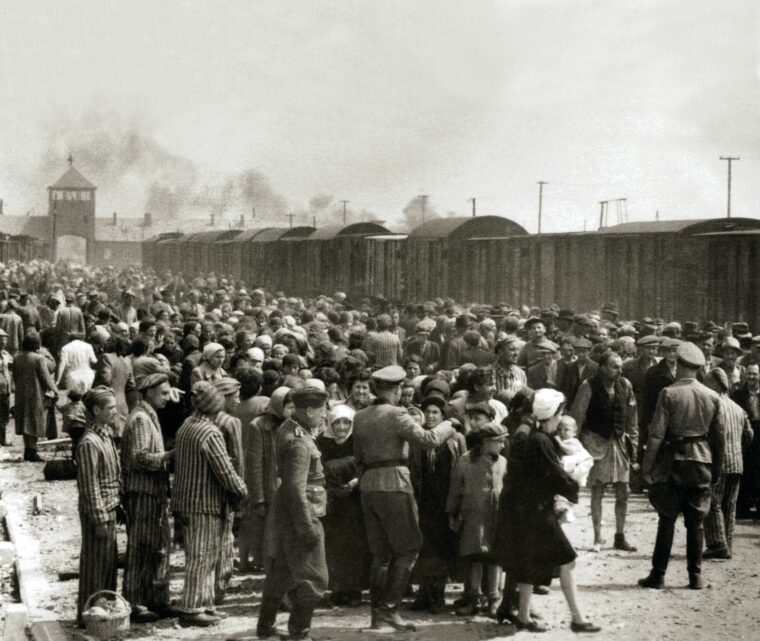
European Theater
Henry Zguda, a Polish Catholic, spent three and a half years interned at Auschwitz and Buchenwald as a political prisoner. Read more
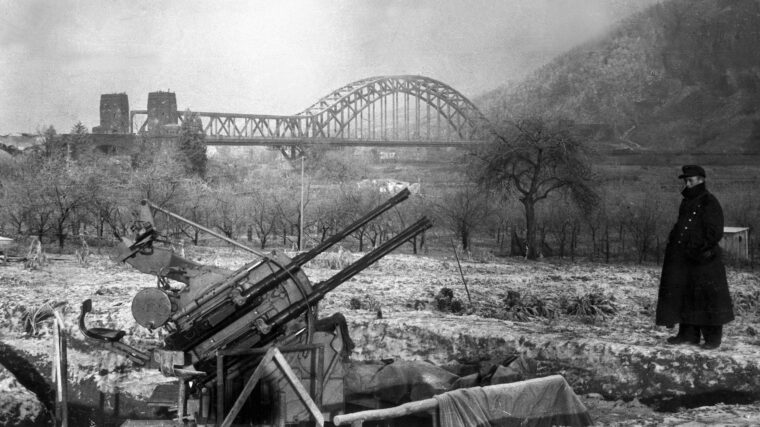
European Theater
It was March 7, 1945––a gray, overcast day with a nasty chill in the air, the kind of day in which a soldier at the front wished he could relax in front of a toasty fire with a canteen cup full of hot coffee and think about home. Read more
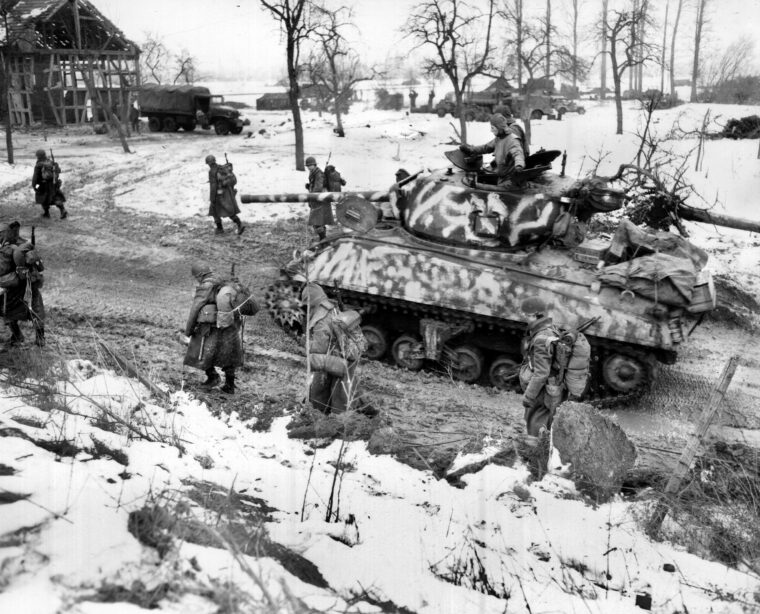
European Theater
By Christopher Miskimon
On January 25, 1945, every officer in Company B of the 15th Infantry Regiment of the American 3rd Infantry Division became a casualty in the fight for the “Colmar Pocket” except Lieutenant Audie Murphy. Read more
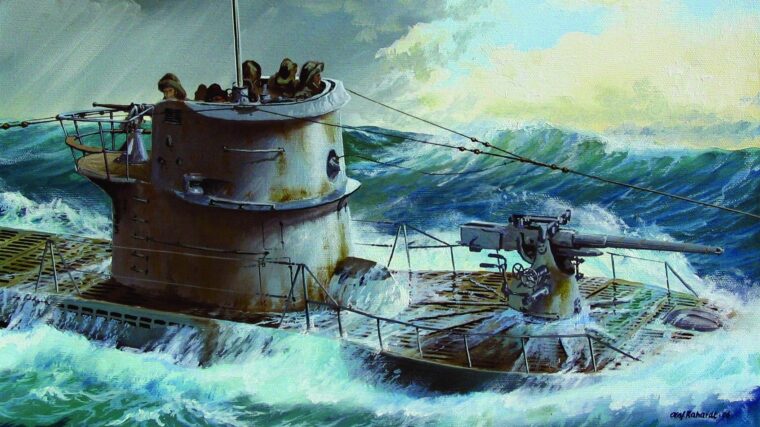
European Theater
In the early morning of Monday, November 9, 1942, the german U-boat U-518 surfaced off the bleak Quebec coast. Read more
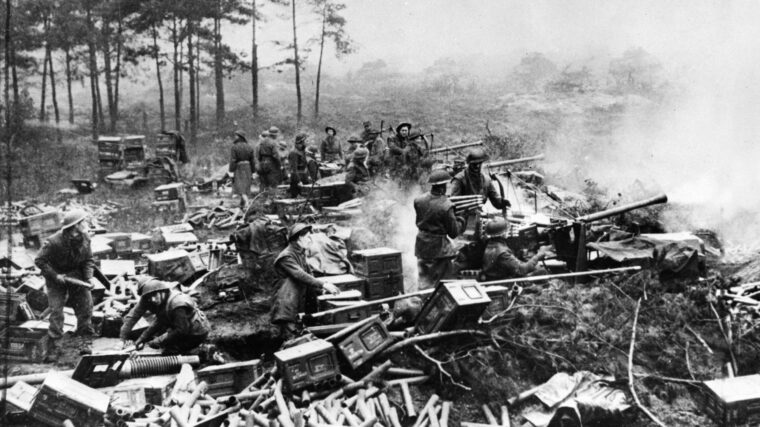
European Theater
The German paratroopers marched the captured Canadian officer through the dark forest to the damp underground bunker that served as their platoon headquarters. Read more
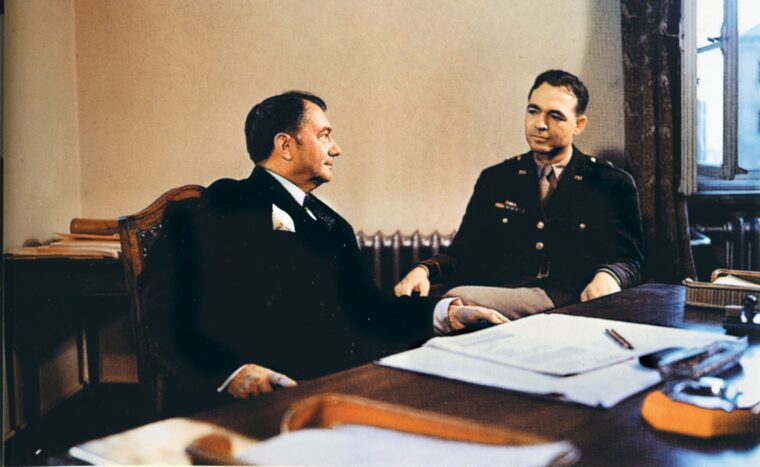
European Theater
On March 23, 1991, at a reunion of the postwar Nuremberg International Military Tribunal staffers in Washington, I had occasion to meet the former American prosecutor, Brigadier General Telford Taylor. Read more
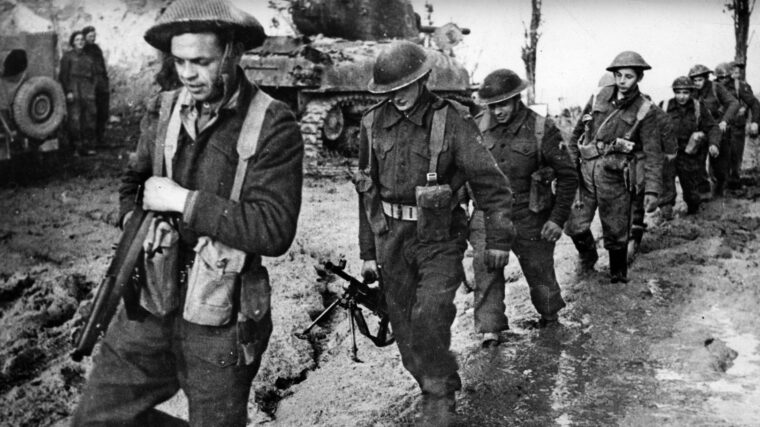
European Theater
In 1939 the one thing that Adolf Hitler and Josef Stalin could agree on was the partition of Poland. Read more
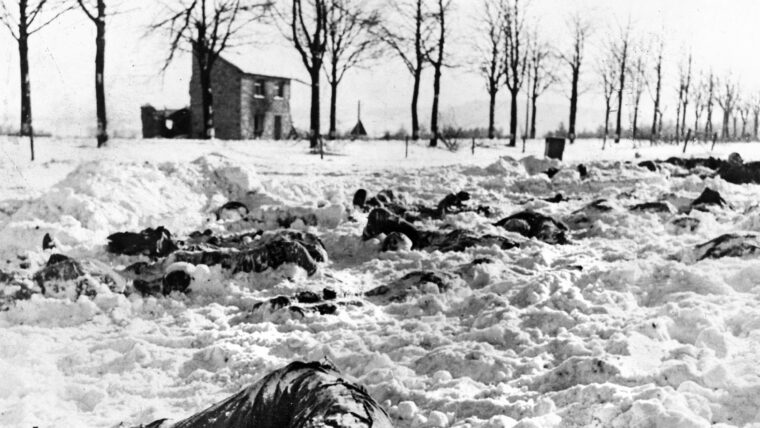
European Theater
The surrender did not begin well. As First Lieutenant Virgil Lary stood in the road next to a snow-covered field just south of Malmédy, Belgium with his hands raised, one of the German tankers poked his head out of the hatch and fired twice at him with his pistol. Read more
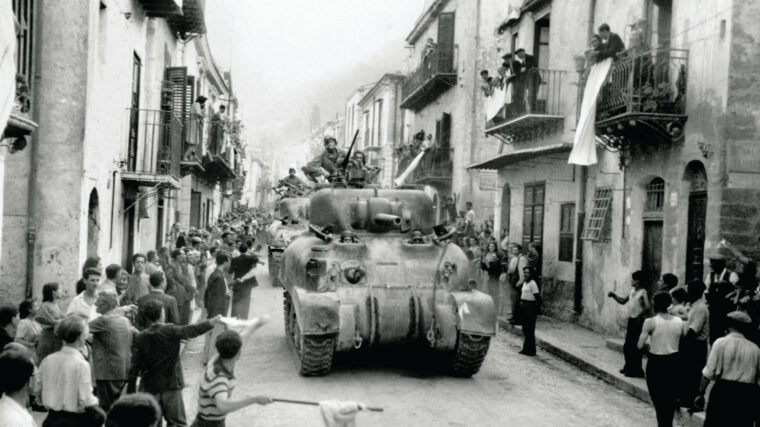
European Theater
By the summer of 1943, American forces felt that they had proven that they were as good as anything the enemy could throw at them. Read more
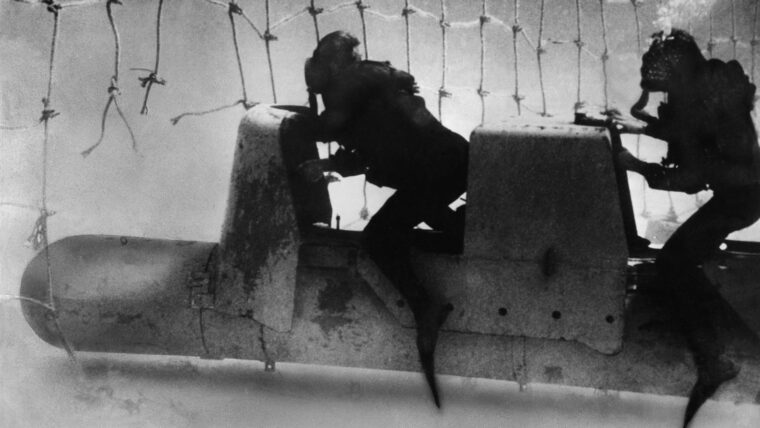
European Theater
On a dark night in September 1941, moving at periscope depth, an Italian submarine edged into Gibraltar Bay near the British harbor. Read more
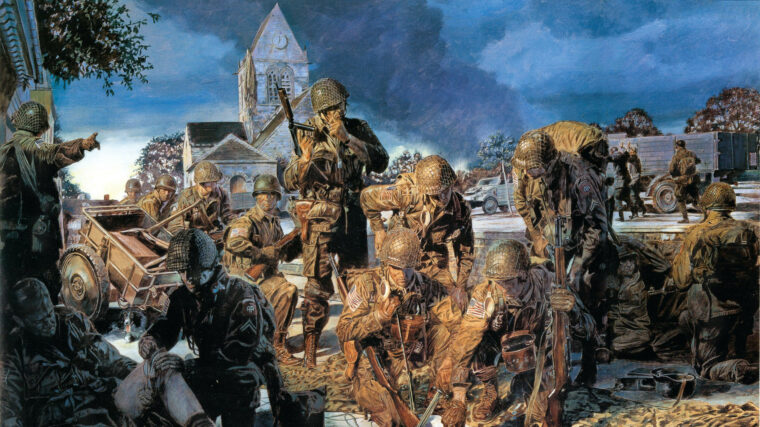
European Theater
The night of June 5/6, 1944, was pretty much like every other night since the Germans had occupied Normandy and the Cotentin Peninsula in the summer of 1940: dark, quiet, chilly, and mostly boring. Read more
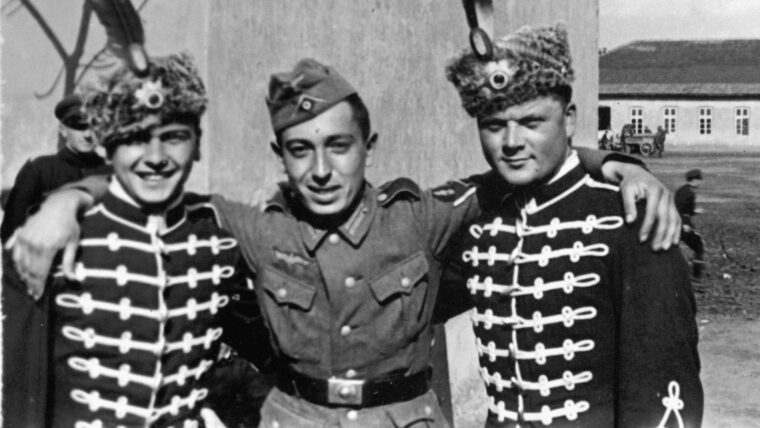
European Theater
The evolution of the Nazi-era military wardrobe followed from a long history of European uniforms in general and Imperial German uniforms in particular. Read more